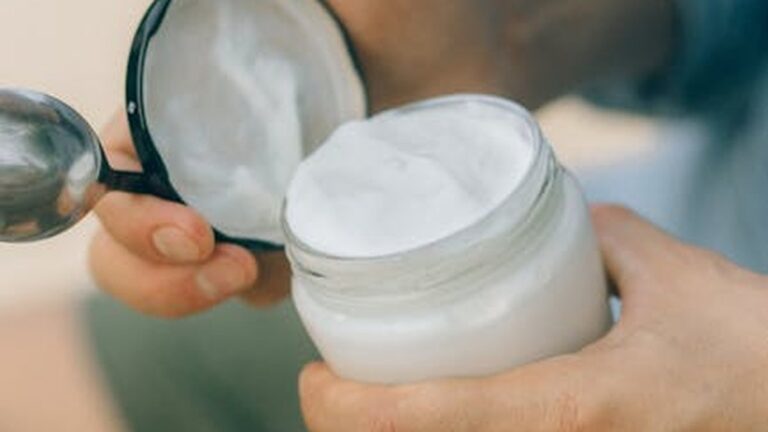Prevent Holiday Heart: Festive Health Tips
The holiday season is a time for joy, celebration, and indulging in delicious food and festive drinks. However, it can also be a time when our bodies, particularly our hearts, are put under extra stress. One condition that’s often associated with this time of year is Holiday Heart Syndrome. But what exactly is it, and more importantly, how can you prevent Holiday Heart and maintain your holiday cardiovascular health?
Understanding Holiday Heart Syndrome
Holiday Heart Syndrome refers to episodes of irregular heart rhythms, most commonly atrial fibrillation (AFib), that occur in otherwise healthy individuals around the holiday season. While the exact cause isn’t fully understood, several factors contribute to its development during this festive time.
Common Triggers
Several factors can trigger Holiday Heart Syndrome. Understanding these triggers is the first step in holiday heart prevention:
- Excessive Alcohol Consumption: Alcohol is a known cardiac irritant. Binge drinking, a common occurrence during holiday parties, can disrupt the heart’s electrical signals.
- High Salt Intake: Holiday meals are often rich in sodium, which can lead to fluid retention and increased blood pressure, putting extra strain on the heart.
- Dehydration: Alcohol and sugary drinks can dehydrate you, further stressing the cardiovascular system.
- Stress: The holidays can be a stressful time, with travel, family gatherings, and financial pressures all contributing to increased stress levels. Stress hormones can negatively impact heart health.
- Overeating: Large meals can cause the stomach to press against the diaphragm, potentially affecting heart function.
- Lack of Sleep: Disrupted sleep schedules during the holidays can also contribute to heart rhythm problems.
Recognizing the Symptoms
Being aware of the symptoms of Holiday Heart Syndrome is crucial for early detection and treatment. Common symptoms include:
- Palpitations (a feeling of a racing or fluttering heart)
- Shortness of breath
- Dizziness or lightheadedness
- Chest pain or discomfort
- Fatigue
If you experience any of these symptoms, it’s important to seek medical attention promptly. While Holiday Heart Syndrome is usually temporary, it can sometimes lead to more serious complications if left untreated.
Preventing Holiday Heart: Practical Tips
Fortunately, there are many steps you can take to prevent Holiday Heart and enjoy a healthy and happy festive season. Focusing on festive heart health doesn’t mean sacrificing all the fun; it means making smart choices.
Moderating Alcohol Consumption
One of the most important steps in holiday heart prevention is to moderate your alcohol intake. The American Heart Association recommends:
- No more than one drink per day for women.
- No more than two drinks per day for men.
Also, be sure to stay hydrated by drinking plenty of water between alcoholic beverages.
Controlling Sodium Intake
Be mindful of the sodium content in holiday meals. Read labels carefully and try to avoid processed foods and excessive salt. Consider these tips:
- Use herbs and spices to flavor your food instead of salt.
- Choose fresh fruits and vegetables over canned or processed options.
- Limit your intake of salty snacks like chips and pretzels.
Staying Hydrated
Dehydration can exacerbate the effects of alcohol and high sodium intake. Aim to drink at least eight glasses of water per day, especially if you’re consuming alcohol or participating in activities that cause you to sweat.
Managing Stress
Find healthy ways to manage stress during the holidays. Some effective strategies include:
- Practicing relaxation techniques such as deep breathing or meditation.
- Getting regular exercise.
- Spending time with loved ones.
- Setting realistic expectations and avoiding overcommitment.
Eating Mindfully
Avoid overeating by practicing mindful eating. Pay attention to your hunger cues and eat slowly, savoring each bite. Choose smaller portions and focus on enjoying the company of your loved ones rather than solely focusing on the food.
Prioritizing Sleep
Aim for at least 7-8 hours of sleep per night. A regular sleep schedule can help regulate your heart rhythm and reduce stress levels.
Maintaining Regular Exercise
Even during the busy holiday season, try to maintain a regular exercise routine. Aim for at least 30 minutes of moderate-intensity exercise most days of the week. This could include brisk walking, jogging, swimming, or cycling.
Case Study: Holiday Heart Prevention in Action
Consider the case of John, a 55-year-old man with a history of occasional palpitations. During the holidays, he typically indulged in excessive alcohol and rich foods. Last year, he experienced a severe episode of AFib on Christmas Eve and had to be rushed to the hospital. After consulting with his doctor, John made significant lifestyle changes this year. He limited his alcohol intake, focused on eating healthier meals with lower sodium content, and made time for daily walks. As a result, he enjoyed a symptom-free holiday season and felt much healthier overall. John successfully implemented holiday heart prevention and reaped the benefits of festive heart health.
When to Seek Medical Attention
While many cases of Holiday Heart Syndrome resolve on their own, it’s important to seek medical attention if you experience any of the following:
- Severe chest pain
- Difficulty breathing
- Prolonged palpitations that don’t subside
- Loss of consciousness
A doctor can perform an electrocardiogram (ECG) to diagnose AFib and recommend appropriate treatment, which may include medication to control heart rate or rhythm.
References
-
Harvard T.H. Chan School of Public Health Physical Activity
– Research-based physical activity recommendations. -
Centers for Disease Control and Prevention Physical Activity
– Government physical activity guidelines for all ages. -
American Heart Association Fitness
– Cardiovascular health and exercise recommendations.
Conclusion
The holiday season should be a time of joy and connection, not a health risk. By understanding the triggers of Holiday Heart Syndrome and taking proactive steps to prevent holiday heart, you can protect your cardiovascular health and enjoy a safe and festive period. Remember to moderate alcohol consumption, control sodium intake, stay hydrated, manage stress, eat mindfully, prioritize sleep, and maintain regular exercise. With these simple tips, you can ensure that your heart stays healthy and happy throughout the holidays and beyond. Prioritizing holiday cardiovascular health is a gift you give yourself, and it ensures you can enjoy many more festive seasons to come.






